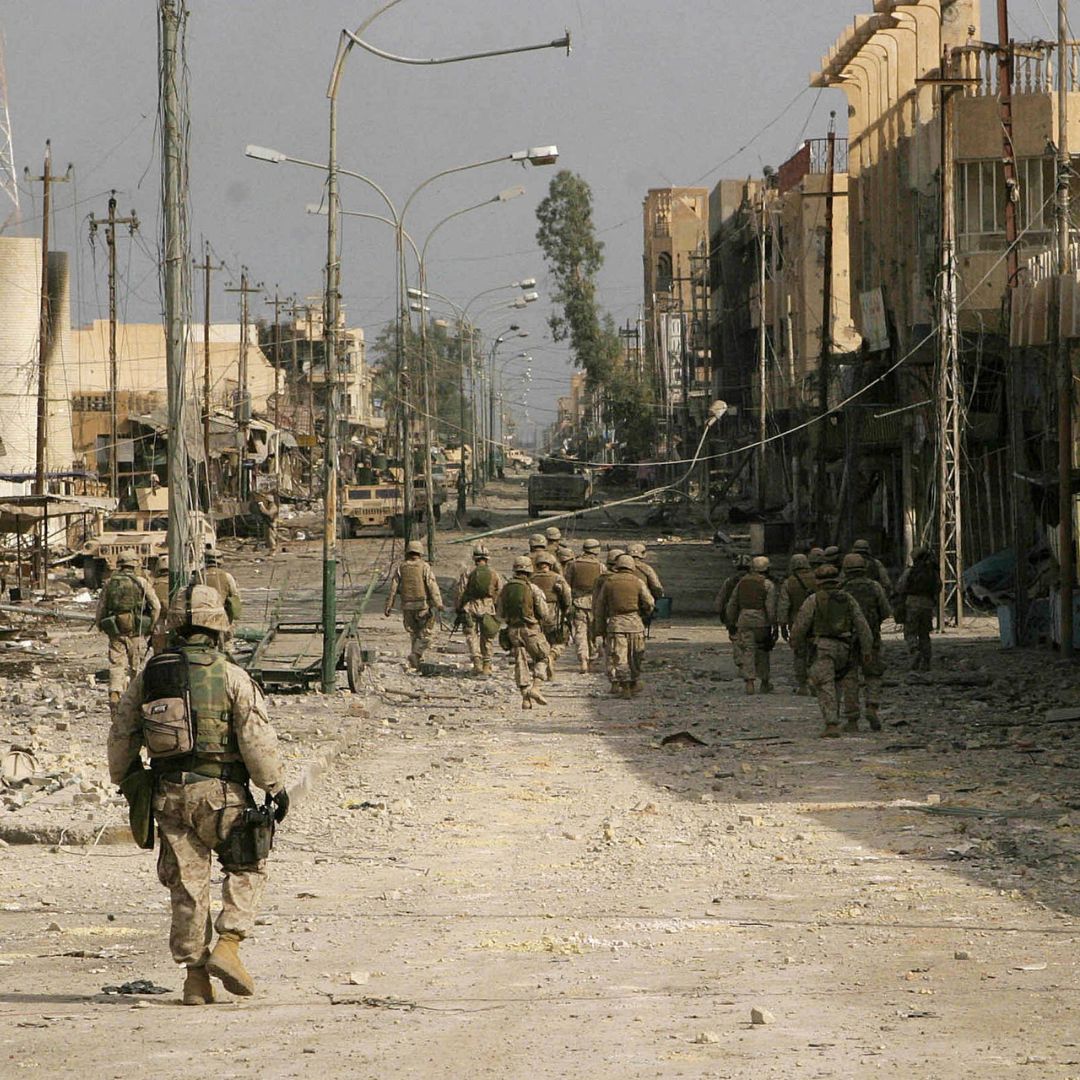Introduction:
The Battle of Fallujah stands as a defining moment in the history of modern warfare, etching its significance into the annals of military operations. This intense urban conflict unfolded in the city of Fallujah, Iraq, and had profound implications not only for the immediate region but also for the broader landscape of contemporary geopolitics.
Background:
The battle occurred in two major phases – the first in April 2004, and the second, more extensive and deadlier, in November 2004. The city of Fallujah had become a stronghold for insurgents during the Iraq War, and the United States, along with its coalition forces, launched military operations to regain control and eliminate the threat posed by anti-coalition forces.
April 2004:
In response to the gruesome killing and mutilation of four American contractors in Fallujah, the U.S. military initiated Operation Vigilant Resolve in April 2004. However, facing fierce opposition, the operation was soon halted, leading to a temporary ceasefire and the establishment of a Fallujah Brigade consisting of local Iraqis.
November 2004:
The situation escalated later in the year as insurgency activities persisted. Operation Phantom Fury was launched in November 2004, marking a full-scale assault on Fallujah. This phase of the battle aimed to root out insurgents and establish control over the city.
The Battle of Fallujah remains a poignant chapter in the narrative of modern warfare. Its repercussions extend beyond the historical moment, shaping military doctrines, influencing the lives of veterans, and contributing to broader discussions on the ethics and consequences of armed conflict. As we reflect on this pivotal event, it serves as a sobering reminder of the complexities and enduring consequences of war in our interconnected world.


